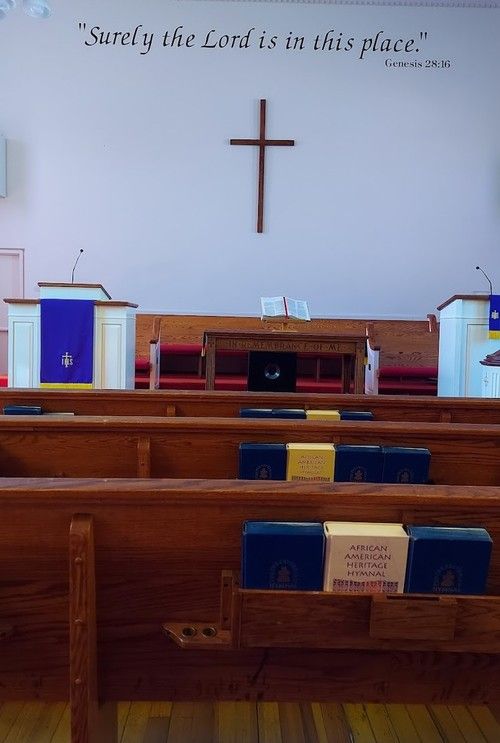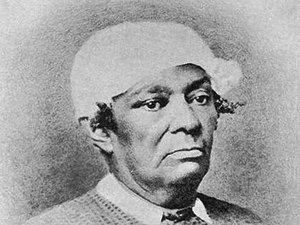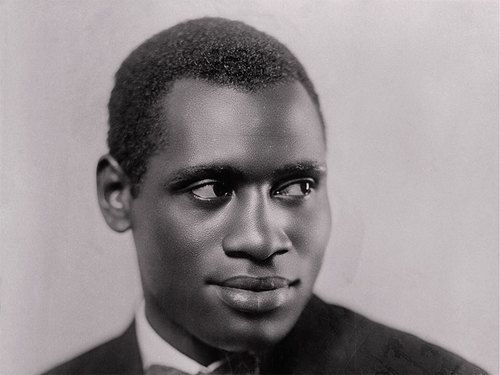How it all started...
On March 10th, 1836, colored members of the First Presbyterian Church (Nassau Presbyterian Church) in Princeton, New Jersey, were dismissed to form "The First Presbyterian Church of Colour of Princeton." Four years later, Col. John Lowrey, an elder at the First Presbyterian Church, gave special permission for the colored members to receive communion at their church. As a result, the Sacrament of the Holy Communion was given on the 2nd Sabbath of October 1840. This date marked the church's official beginning, later referred to as the "Witherspoon Street Presbyterian Church for Colored People in Princeton."
Witherspoon Street Presbyterian Church began during a time of social, political, and religious upheaval in the Princeton Community and the nation. The church emerged as a determined congregation of slaves, servants, and free people who challenged the basics of the African Colonization Society and the weight of the Fugitive Slave Laws. Nurtured by the hope of the Underground Railroad and the challenges of the 1818 and 1837 General Assembly of the Presbyterian Church responses to the sinfulness of slavery, the equality of all God's creation, and the period of Reconstruction, Witherspoon, along with other African American religious institutions, sought diligently to bring consciousness to the theological and social attitudes of the times.
Today Witherspoon Street Presbyterian Church holds a significant place in Princeton with members from many communities, occupations, and interests. The church's open and diverse congregation seeks to be stewards for peacemaking and racial reconciliation.
Witherspoon Street Presbyterian Church began during a time of social, political, and religious upheaval in the Princeton Community and the nation. The church emerged as a determined congregation of slaves, servants, and free people who challenged the basics of the African Colonization Society and the weight of the Fugitive Slave Laws. Nurtured by the hope of the Underground Railroad and the challenges of the 1818 and 1837 General Assembly of the Presbyterian Church responses to the sinfulness of slavery, the equality of all God's creation, and the period of Reconstruction, Witherspoon, along with other African American religious institutions, sought diligently to bring consciousness to the theological and social attitudes of the times.
Today Witherspoon Street Presbyterian Church holds a significant place in Princeton with members from many communities, occupations, and interests. The church's open and diverse congregation seeks to be stewards for peacemaking and racial reconciliation.


Betsey Stockton: Missionary And Important Fore-Mother Of Witherspoon
Elizabeth "Betsey" Stockton was born into slavery to the Stockton family of Princeton, New Jersey. She traveled as a missionary to the Hawaiian Islands. When she returned to Princeton as a free woman, she started a Sabbath school at Witherspoon. She was a beloved teacher for the neighborhood children.
The Paul Robeson House Of Princeton -- A Center For Social Justice
Born in 1898, Paul Robeson became one of Princeton's best-known residents. He was the son of the Reverend William Robeson, a pastor of the Witherspoon Street Church. Paul Robeson achieved fame as an athlete, a singer and actor, a scholar, a law school graduate, and a political activist. He spoke about discrimination and civil rights before speaking out against these causes was popular. In 2005 our church purchased the childhood home of Robeson. Currently, under renovation, the Paul Robeson House represents a center committed to social justice causes.
You can learn more about the Paul Robeson House of Princeton, along with the foundation, building, and programs that are all under the Robeson umbrella here.

Be a part of our story...
Join us every Sunday as we gather to worship together a 10:00 am.
